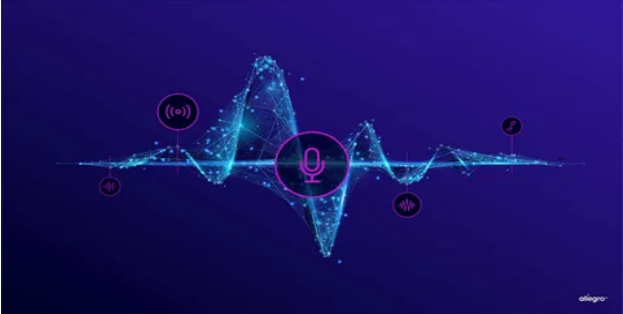The medicare sector has digitized the medical drug discovery and fatal disease detection processes through the incorporation of deep-learning processing measures. Through these innovations, the automated medicare market acquired a $55.03 billion share in 2020. These innovative medicare services enhanced the identification of harmful diseases. Despite that, these systems cannot function without precisely annotated data. For this reason, medicare equipment developers must utilize audio annotation services in the manufacturing of automated medical devices. Annotated healthcare equipment stimulates the medical sector by automating the diagnoses of obscure diseases.
The Pivotal Role of Audio Annotation Services in the Medicare Sector
Audio annotation measures play a critical role in the development of automated medical diagnostic equipment. Through these measures, the natural learning processing systems become capable of identifying unfamiliar diseases that are not prominently detected through image and video detection. Audio annotation solutions entail the process of assigning metadata to the raw audio recording files. These measures are crucial for the effectiveness of the medical equipment, as they enable the automated processing systems to examine varying frequencies, pitches, and sentiments of raw audio datasets.
Additionally, these measures assist the NLP systems in transcribing the patient’s mental health, identifying the respiratory systems, and evaluating their breathing capabilities. In the medicare sector, the data labeling algorithms hold immense importance. These measures assist the automated systems in diagnosing patient’s inconsistent medical patterns and providing a seamless treatment planning program. Moreover, the implementation of audio annotation solutions in the development of advanced medicare systems facilitates an extensive clinical analysis of patients and drug discovery for the treatment of harmful diseases.
Influence of Audio Data Annotation on the Medical Operations
Audio annotation services strongly influence the medical sector because they guide machine-learning systems in making informed decisions. These services enhance the patient’s medical research due to their audio classification and speech recognition abilities. The annotated systems are equipped with enhanced voiceprint recognition systems, which allow them to identify unknown sounds and frequencies that may affect the patient’s health.
Temperament annotation and sentiment analysis are some of the most critical applications of the audio annotation framework. Doctors use these measures to examine the patient’s mental health and behavioral attributes. The audio data annotators instruct the NLP systems regarding several sentiments and speech patterns, which simplify the emotion detection procedures. Similarly, its speech recognition ability enables doctors to detect anomalies in the patient’s lungs and respiratory systems. These measures stimulate the precision of disease diagnosis. The AI-powered medical data processing systems facilitate the management of complex medical records and provide enhanced treatments for a faster recovery process.
Implement Audio Transcription Measures for a Seamless Medical Experience
Audio data annotation measures provide a seamless healthcare experience for patients and medical service providers. These services are the guiding force of the virtual chatbots, which stimulate the identification of mental illnesses and related diseases. Audio annotation algorithms enhance the functionality of various medical tests, including MRIs, CT scans, X-rays, and ultrasounds. All these tests are based on some radio waves and frequencies through which they examine the patient’s internal health issues.
Furthermore, the audio data annotation measures facilitate the speech pattern analysis, which is used for the development of treatment drugs. These annotation solutions allow the doctors to examine patient’s clinical traits, which enhances the development of effective medications that are crucial for the safety of patients from harmful diseases.
Use Case Scenarios of Data Annotation in the Healthcare Sector
The evolution of data annotation algorithms has enabled medicare professionals to incorporate robotic surgery processes. These programs automate the medical decision-making processes. Audio annotation services provide doctors with an accurate framework to examine the patient’s medical records. These solutions allow healthcare service providers to treat complex diseases with advanced drugs. Additionally, the doctors can significantly identify any breathing issue and difficulty that the patient may face.
Similarly, the patient’s respiratory systems and mental stability are also examined through the effective incorporation of the audio annotation algorithms. Audio annotation services streamline the various components of medical processes, which involve radiology, cardiology, pathology, and dermatology. These services automate the detection of heart diseases and prompt doctors to develop curable drugs for the treatment of harmful and threatening diseases. Overall, audio data annotation systems must be utilized in the development of advanced medical equipment because they assist healthcare operators in streamlining their functionality and treatment provision to cure patients from harmful diseases.
Wrapping It Up
Audio annotation algorithms play a significant role in enhancing the healthcare sector. These measures assist medical service providers in identifying complex diseases that are not apparent through image detection devices. The audio annotation services allow the doctors to examine the patient’s internal health and diagnose various issues, which involve heart diseases, respiratory systems, and mental instability. All these issues are highlighted through audio-annotated medical equipment and processing devices.
